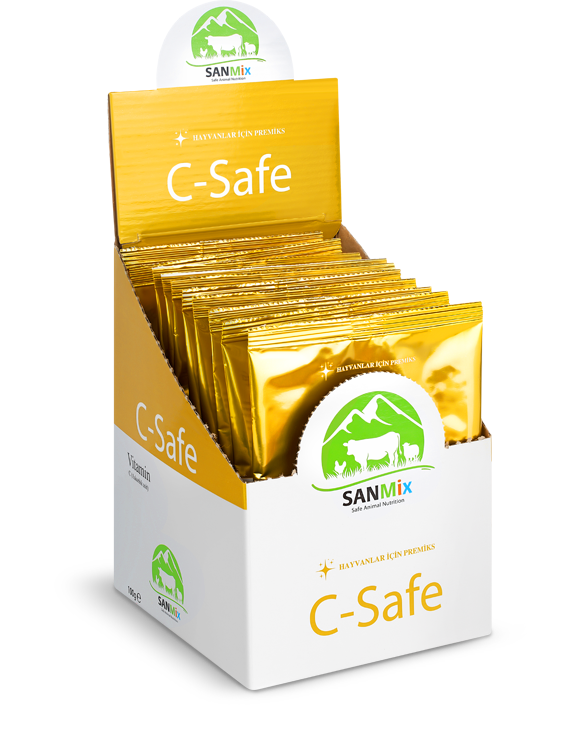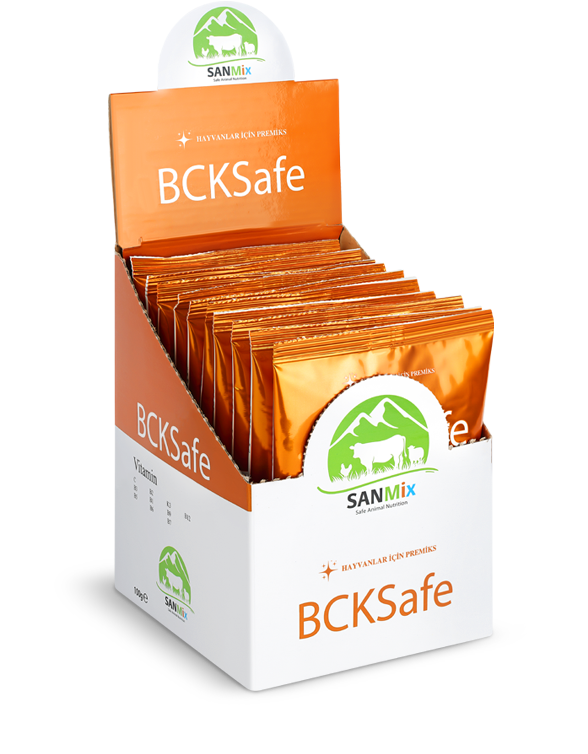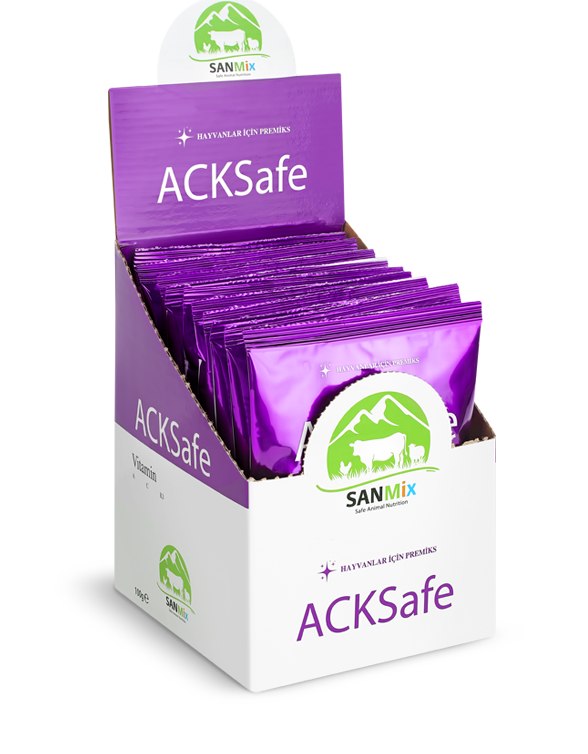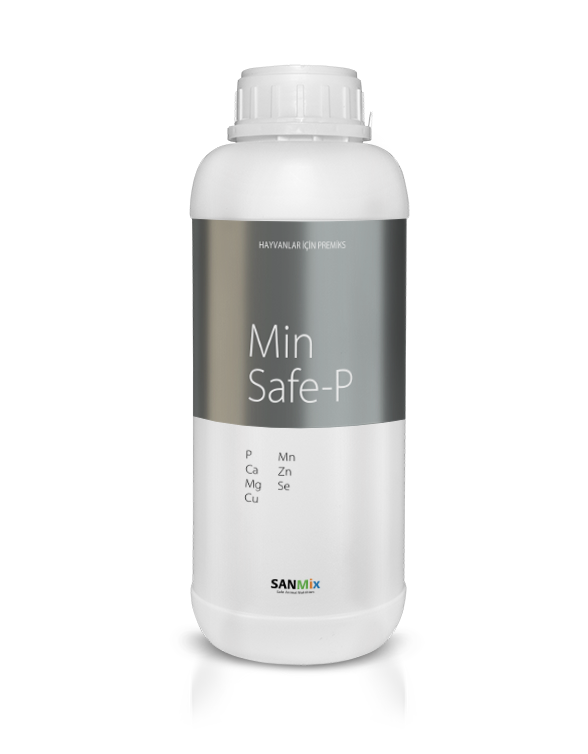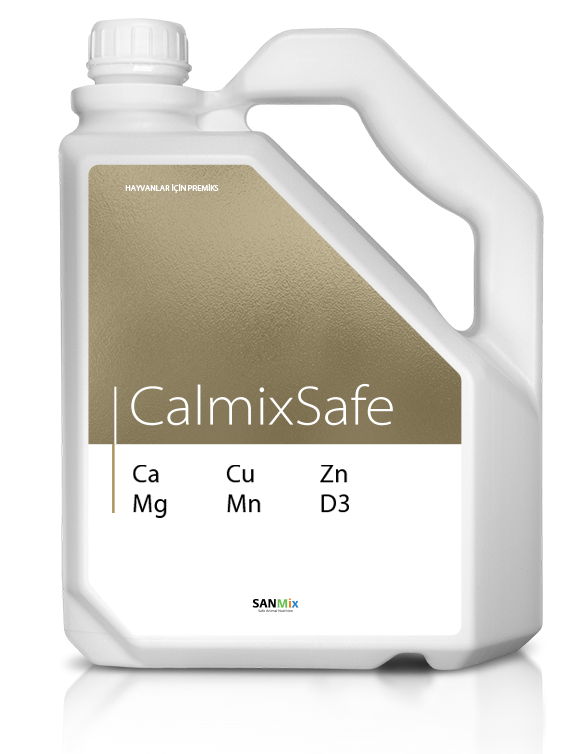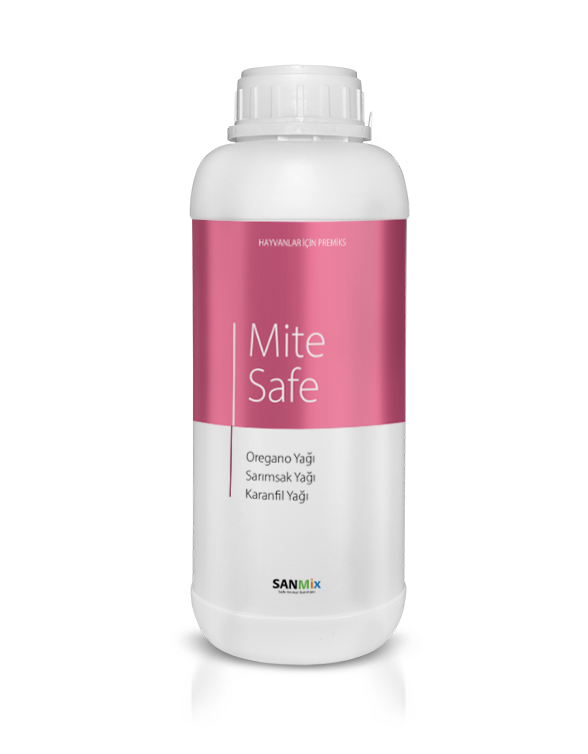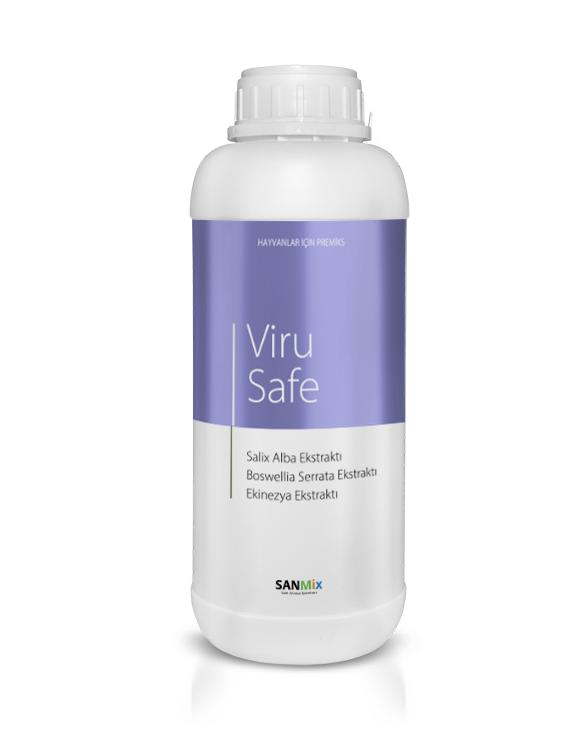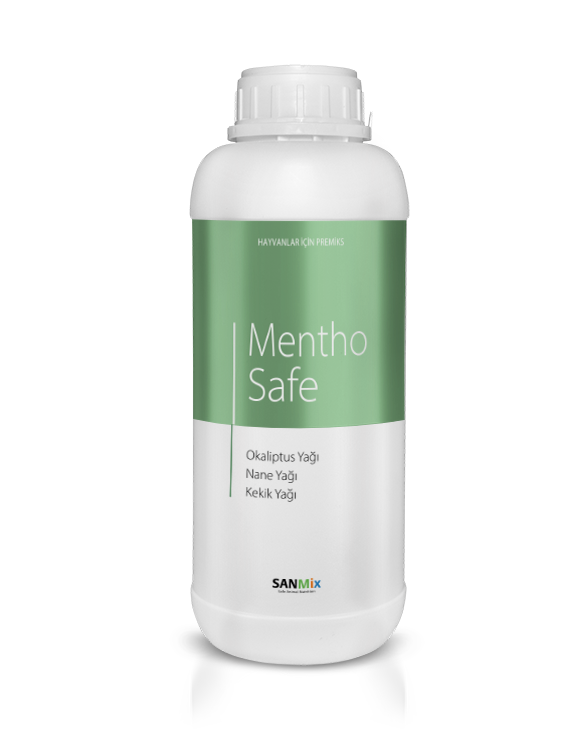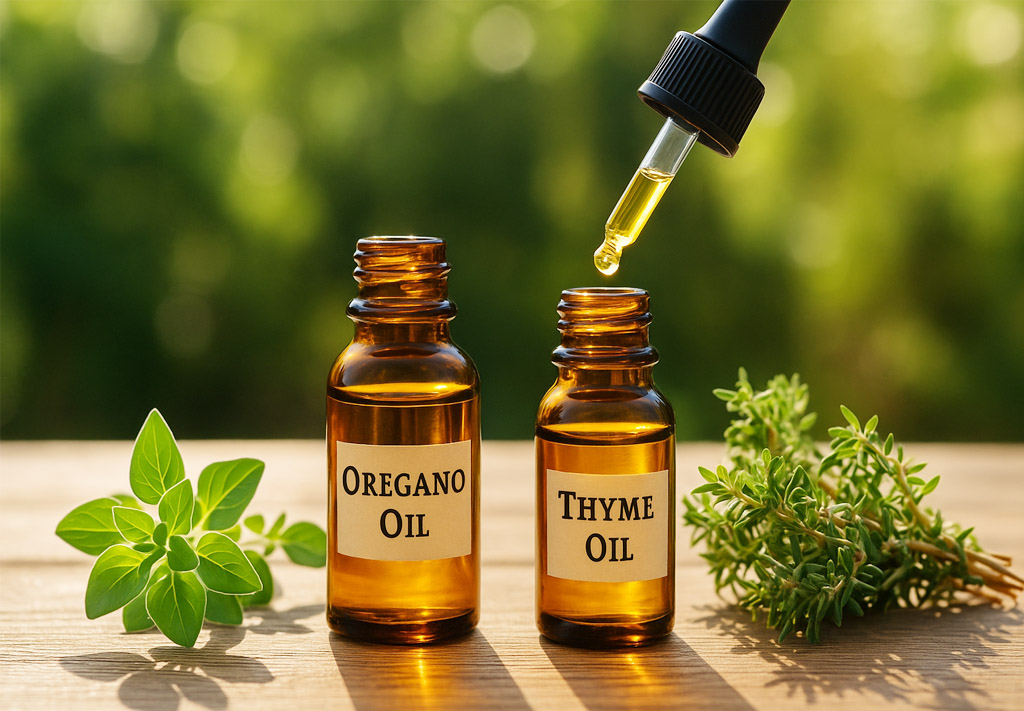In recent years, the global rise of antibiotic resistance has driven us to seek new and alternative solutions. In poultry production, the use of essential oils to enhance performance and to develop natural alternatives to antibiotics has become an increasingly prevalent trend. Among these natural compounds, oregano oil (Origanum vulgare) and thyme oil (Thymus vulgaris) stand out for their richness in phenolic monoterpenes and their multifaceted benefits for poultry health (Burt, 2004).
Oregano Oil: Effective in Digestive Health
The main active components of oregano oil are carvacrol and thymol. Oregano oil contains 60–70% carvacrol and 3–10% thymol, along with supportive monoterpenes such as p-cymene and γ-terpinene.
- Antimicrobial Effect: Carvacrol disrupts the bacterial cell membrane, inhibiting the growth of pathogens such as E. coli, Salmonella spp., and Clostridium perfringens (Burt, 2004).
- Antioxidant Activity: Neutralizes free radicals and protects the intestinal mucosa against oxidative stress (Chouhan et al., 2017).
- Digestive Enzymes: Enhances pancreatic enzyme activity, supporting feed utilization.
- Performance: It has been shown to reduce feed conversion ratio and improve body weight gain in broilers (Hashemipour et al., 2013).
Oregano oil is therefore used in products that support gut health in poultry. For example, GutSafe Oregano oil protects the digestive system, regulates microbial balance and improves performance in poultry.
Thyme Oil: Natural Support for Respiratory Health
The main active component of thyme oil is thymol, which makes up 30–60% of its content. It also contains compounds such as carvacrol, borneol, and linalool.
- Mucolytic and Respiratory Effect: Thymol reduces mucus viscosity, improving airway openness (Fachini-Queiroz et al., 2012).
- Antimicrobial Property: Plays an effective role against respiratory pathogens such as Mycoplasma gallisepticum and Pasteurella multocida.
- Anti-inflammatory Effect: Reduces inflammation in the respiratory tract by suppressing cytokine release (Fachini-Queiroz et al., 2012).
- Immune Support: Strengthens the barrier function of the respiratory epithelium, reducing the risk of secondary infections.
For this reason, Thyme oil is preferred in products that support respiratory health in poultry. For example, MenthoSafeThanks to Thyme oil, it relaxes the respiratory tract and has a protective effect against respiratory stress.
| Feature / Area of Effect | Oregano Oil | Thyme Oil |
|---|---|---|
| Main Compounds | Carvacrol (60-70%), Timol (3-10%), p-Cymene, γ-Terpinene | Thymol (30-60%), Carvacrol, Borneol, Linalool |
| Main System Impact | Digestive system (intestinal health, feed utilization) | Respiratory system (airway health, mucolytic effect) |
| Antimicrobial Effect | Potent onE. coli, Salmonella, Clostridium spp. | Effective inMycoplasma, Pasteurella pathogens |
| Performance Contribution | Improves feed conversion rate, accelerates growth | Reduces yield loss due to respiratory stress |
Conclusion
Oregano oil and thyme oil are two natural essential oils that complement each other in poultry health.
- Oregano oil (GutSafe) supports digestive system health and improves feed utilization.
- Thyme oil (MenthoSafe) supports the respiratory system, providing protection against heat stress and infections.
Both essential oils act as natural alternatives to antibiotics in modern poultry production and exert their effects on different body systems as natural supportive agents.
References
- Burt, S. (2004). Essential oils: Their antibacterial properties and potential applications in foods—a review. International Journal of Food Microbiology, 94(3), 223–253. https://pubmed.ncbi.nlm.nih.gov/15246235/
- Chouhan, S., Sharma, K., & Guleria, S. (2017). Antimicrobial Activity of Some Essential Oils—Present Status and Future Perspectives. Medicines, 4(3), 58. https://pmc.ncbi.nlm.nih.gov/articles/PMC5622393/
- Hashemipour, H., Kermanshahi, H., Golian, A., & Veldkamp, T. (2013). Effect of thymol and carvacrol feed supplementation on performance, antioxidant enzyme activities, digestive enzyme activities, and immune response in broiler chickens. Poultry Science, 92(8), 2059–2069. https://www.sciencedirect.com/science/article/pii/S003257911938808X
- Fachini-Queiroz, F. C., et al. (2012). Effects of Thymus vulgaris essential oil on the inflammatory response. Molecules, 17(6), 6582–6594. https://www.researchgate.net/publication/230735926_Effects_of_Thymol_and_Carvacrol_Constituents_of_Thymus_vulgaris_L_Essential_Oil_on_the_Inflammatory_Response
